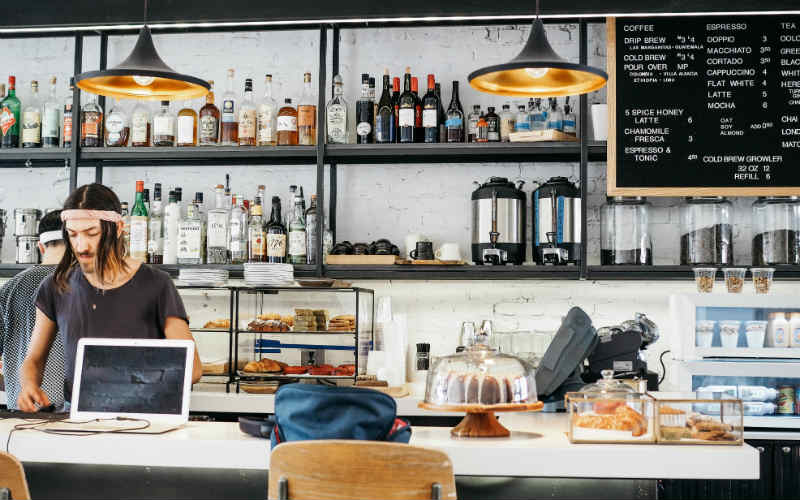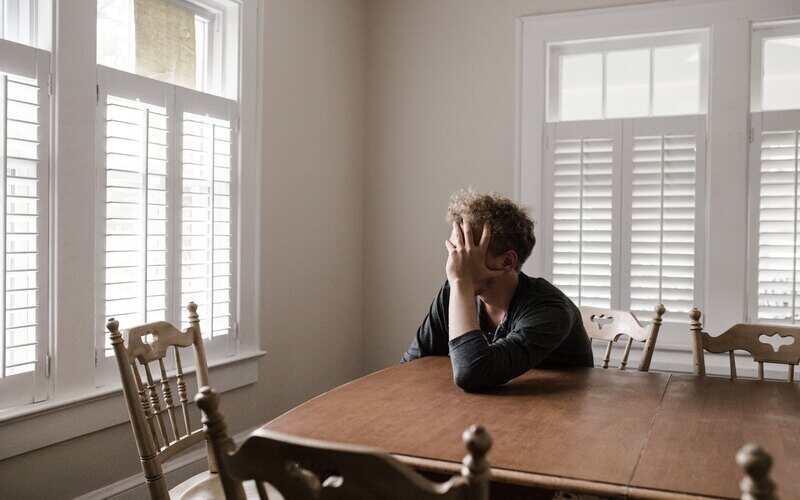That's according to the Australian Bureau of Statistics' (ABS) latest household impacts of COVID-19 survey.
This is the sixth such survey, and collated responses throughout the nation between the 10th and 15th of June.
The JobKeeper amount of $1,500 a fortnight, however, is still less than 48% of respondents' usual pay, while one third said the JobKeeper amount was about the same.
This generally corroborates the ABS-reported average weekly wage of about $1,650 before tax, overtime and bonuses, however wages have fallen since COVID-19 hit the economy.
Even with restrictions starting to ease, many households are still keeping the purse strings tight, according to ABS' head of household surveys Michelle Marcquardt.
“This survey showed us a mixed picture of what Australians plan to spend their money on once restrictions ease," she said.
“Many Australians reported decreased spending on eating out (87%), child care fees (85%), recreation or leisure (79%), public transport (73%) and personal care (64%).
“Of these people, a majority expected to increase their spending on recreational activities (74%), eating out (74%), private transport (73%), personal care (70%), childcare (66%) and public transport (55%).
“On the other hand, the majority of Australians who had reduced expenditure on household furnishings (72%) and clothing and footwear (52%) expected to continue to spend lower amounts on these items as COVID-19 restrictions ease.”
The next household impacts survey will be released 13 July, and will cover emotional and mental wellbeing, use of telehealth services, household finances, moving intentions, and uptake of the COVID-Safe app.
International travel still off the cards for most
While more than half (55%) of the ABS survey respondents reported they intend on going on a domestic holiday once travel restrictions have been eased, just 29% reported they intend to go on an international holiday.
Of those who do intend to travel internationally, just 44% intend to go within the next six to 12 months.
This is in contrast to those that intend to travel domestically, as 68% intend to go within the next six months.





 Rachel Horan
Rachel Horan
 Emma Duffy
Emma Duffy
 William Jolly
William Jolly